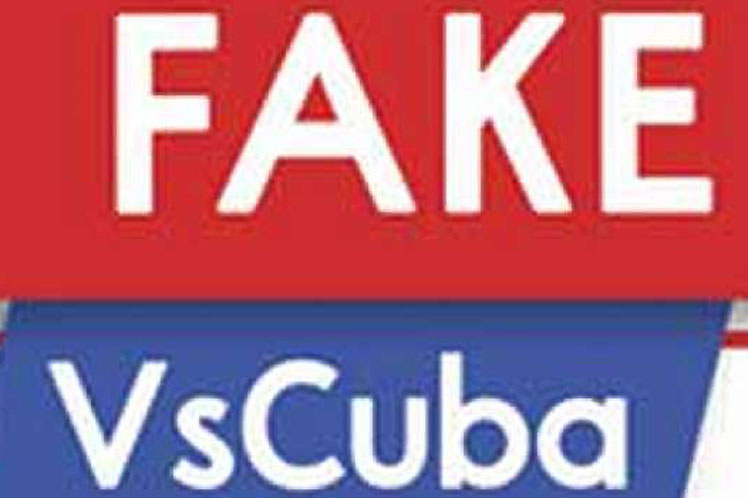In statements to Prensa Latina, constitutional law professor Yuliesky Amador explained that the objective of the new regulation has been distorted by the same people who use social media for subversion campaigns against the island’s government.
In the expert’s opinion, the law published in the Official Gazette last week does not prohibit publications nor interactions on social media, although he clarified that it does ‘put limits on contents that, due to their offensive nature, threaten the Cuban State and citizens.’
The decree respects Article 45 of the Magna Carta, which states that ‘the exercise of people is only limited by collective security, the rights of others, respect for public order and the laws,’ he pointed out.
Each sovereign country – Amador added – has the right to regulate the use of telecommunications. France since 2018 has a law against the manipulation of information; Brazil in 2020 approved one on freedom, responsibility and transparency on the Internet.
In addition, Argentina has the Observatory of Information and symbolic surveillance in digital platforms media; while the United States since 2001 maintains the Center for Global Engagement of the Department of State’, he commented.
The expert assures that Cuba took into account the best experiences of each of these regulations, as well as the principles of international law.
mh/mv/idm










